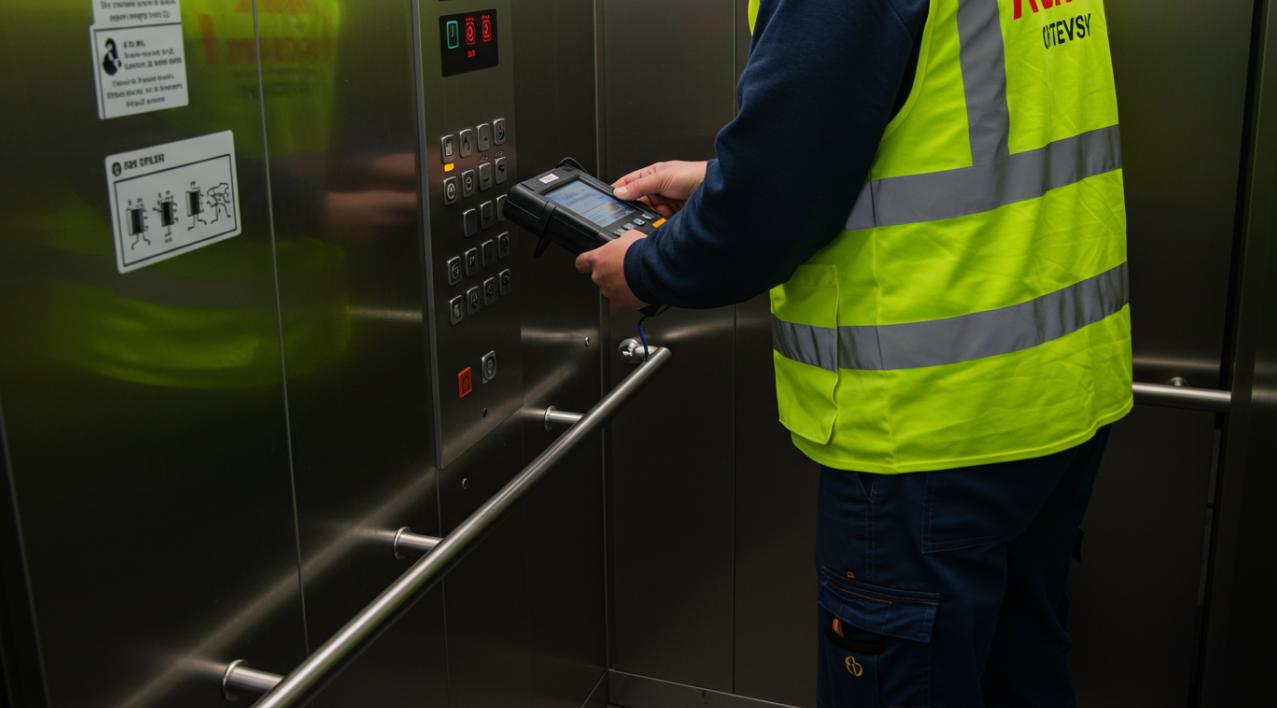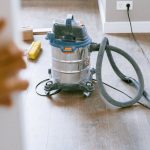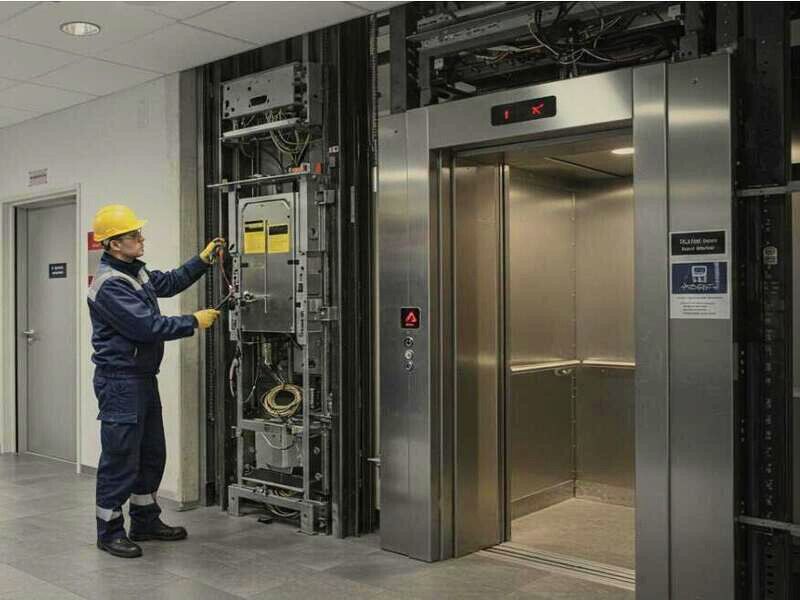
Private elevators are a comfort and safety asset for homes. To ensure their proper functioning and extend their lifespan, regular maintenance is essential. Simple checks can prevent costly breakdowns and ensure your peace of mind. Discover the essential tips to keep your private elevator in perfect condition and serenely enjoy its daily benefits.
Why regular maintenance is essential for private lifts ?
Regular maintenance of your private elevator is essential as it directly impacts its performance, safety, and longevity. Neglecting these upkeep tasks can lead to expensive repairs, unsafe operating conditions, and a decrease in overall efficiency.
Enhancing elevator safety
Thorough inspection of your elevator’s condition ensures the safety of all users. Regular checks help identify potential issues before they escalate, guaranteeing the reliability of your system. By prioritizing maintenance, you can effectively prevent accidents and unexpected breakdowns.
Improving efficiency
A regularly serviced elevator operates efficiently. Consistent upkeep minimizes wear and tear on components, ultimately extending the life of your system. Improved efficiency also means the elevator consumes less energy, saving you money on running costs.
Cost-effective solution
Investing in regular maintenance can save you from significant repair expenses down the line. By taking proactive measures, you can save money in the long run and avoid the substantial costs associated with major repairs or complete elevator replacement.
Key maintenance tips for private elevators
Adhering to a regular maintenance schedule is essential. Here are some indispensable tips to ensure the smooth operation of your private elevator.
Schedule regular inspections
Conducting regular inspections is a fundamental aspect of elevator maintenance. Opt for professional inspection every six months or annually. During these checks, technicians will assess wear and tear, misalignment, and adherence to safety standards, ensuring the system operates smoothly and in compliance with regulations.
Don’t wait for your elevator to break down. Entrust this task to a team of experts for complete, personalized service. Contact them today to schedule an inspection and keep your private elevator running at peak performance!
https://www.youtube.com/watch?v=FAdgF0Nyhcs![]()












